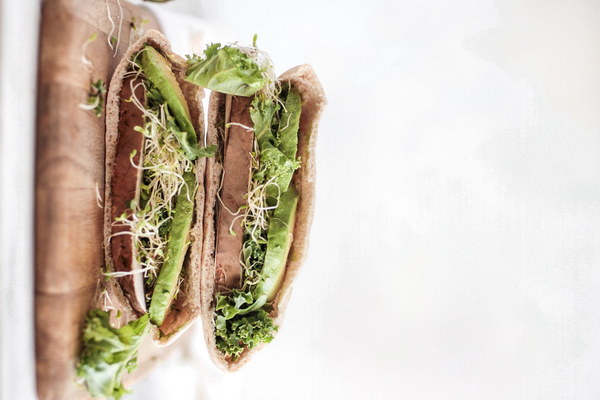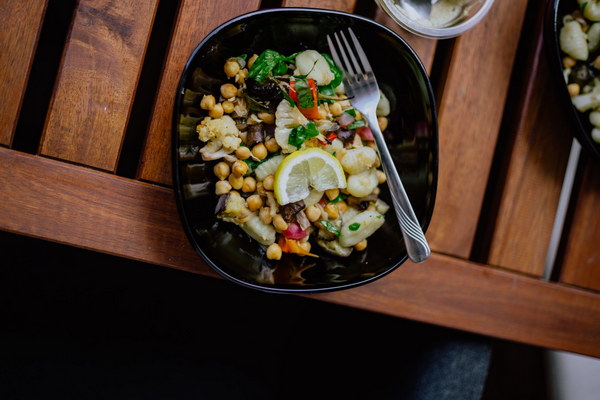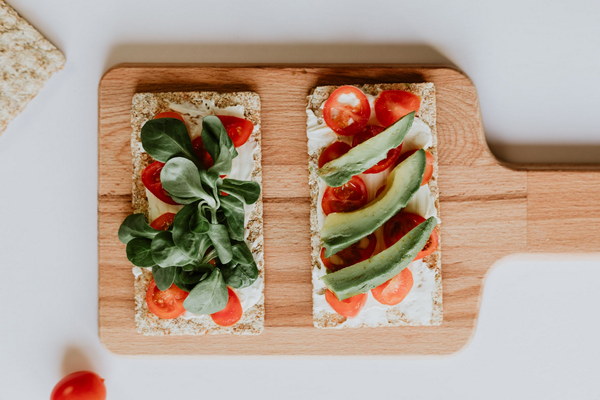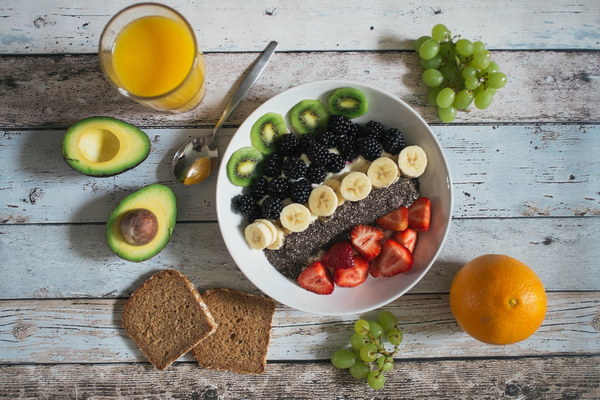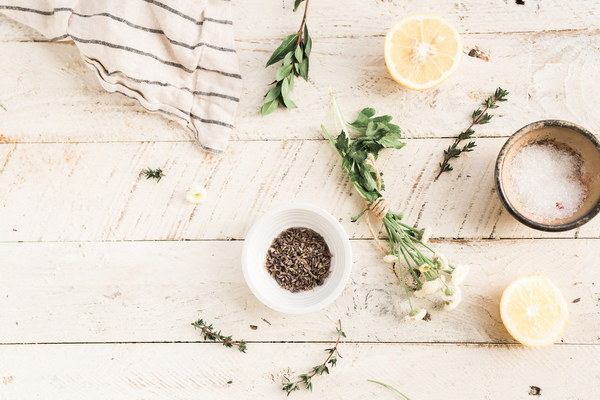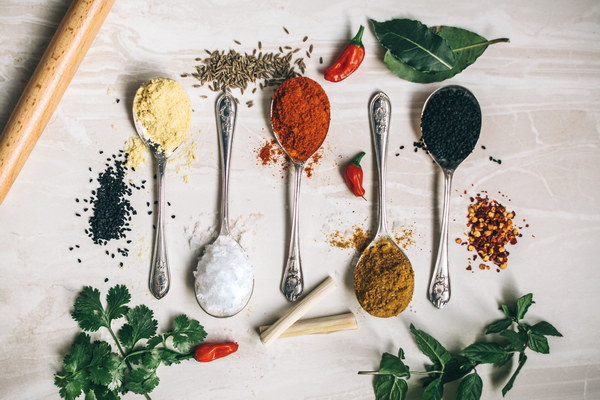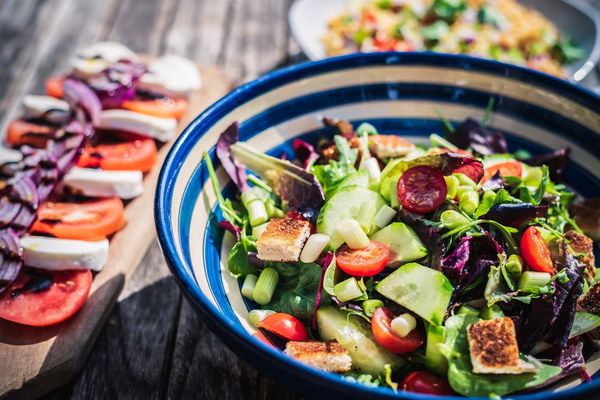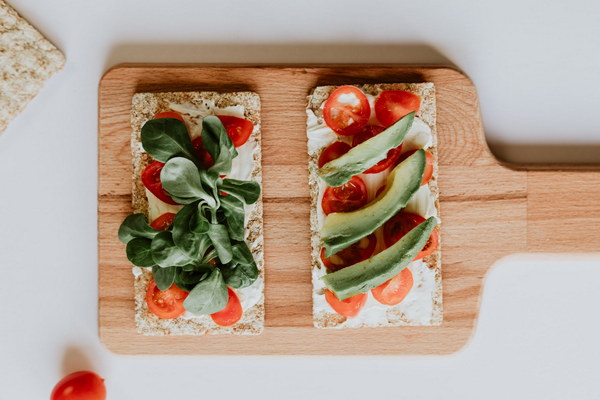PostRenal Nephrectomy Foods for Kidney and Liver Support
After undergoing a renal nephrectomy, it is essential to pay special attention to your diet to support kidney and liver health. The removal of one or both kidneys can lead to changes in the body's metabolism and the way it processes nutrients. This article will provide you with a comprehensive guide on which foods to include in your diet to promote kidney and liver health after a nephrectomy.
1. High-Protein Foods
Protein is vital for muscle repair and maintaining overall health. However, it is crucial to choose high-quality proteins that are easily digestible. Include lean meats like chicken, turkey, and fish in your diet, as well as plant-based proteins such as lentils, chickpeas, and tofu. These foods are rich in essential amino acids that aid in tissue repair and support kidney function.
2. Low-Sodium Foods
Since kidney function is reduced after a nephrectomy, it is essential to limit sodium intake to prevent fluid retention and high blood pressure. Opt for low-sodium versions of your favorite foods, such as low-sodium canned goods, broths, and condiments. Fresh fruits and vegetables, whole grains, and dairy products with low sodium are also excellent choices.
3. Rich Sources of Potassium
Potassium plays a vital role in maintaining proper heart and muscle function. However, it is essential to monitor potassium levels closely after a nephrectomy, as high levels can be harmful. Include potassium-rich foods such as bananas, oranges, potatoes, sweet potatoes, and avocados in your diet. Consult with your healthcare provider for the recommended potassium intake to ensure your levels are within a safe range.
4. Omega-3 Fatty Acids
Omega-3 fatty acids are known for their anti-inflammatory properties and can help reduce the risk of chronic kidney disease. Incorporate fatty fish such as salmon, mackerel, and sardines into your diet, as well as flaxseeds, chia seeds, and walnuts. These foods are rich in omega-3 fatty acids that support kidney and liver health.
5. Vitamin D and Calcium
Vitamin D and calcium are crucial for maintaining bone health, especially after a nephrectomy. Vitamin D also plays a role in regulating calcium levels and kidney function. Include foods rich in vitamin D such as fatty fish, egg yolks, and fortified dairy products. To ensure you are getting enough calcium, consume dairy products, leafy green vegetables, and fortified cereals.
6. Antioxidant-Rich Foods
Antioxidants help protect your body against oxidative stress and inflammation. Include a variety of colorful fruits and vegetables in your diet, such as berries, oranges, red bell peppers, and leafy greens. These foods are rich in antioxidants that support kidney and liver health.
7. Hydration
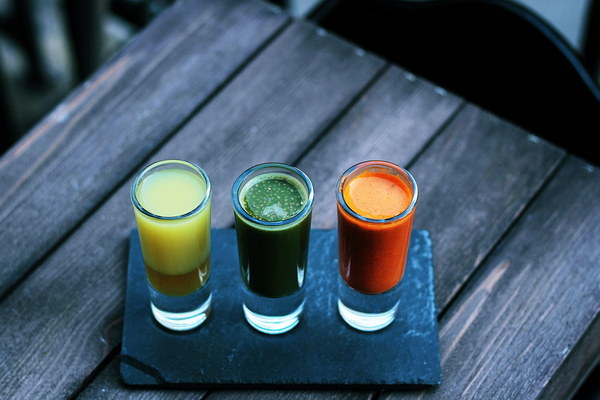
Proper hydration is essential for kidney and liver function. Drink plenty of water throughout the day to help flush out waste products and maintain electrolyte balance. Consult with your healthcare provider for the recommended daily fluid intake to ensure you are staying hydrated without overloading your kidneys.
8. Consult with a Nutritionist
After a renal nephrectomy, it is advisable to consult with a nutritionist or registered dietitian who can provide personalized dietary recommendations based on your specific needs. They can help you create a balanced meal plan that supports kidney and liver health, taking into account any dietary restrictions or specific requirements.
In conclusion, after a renal nephrectomy, it is crucial to focus on a well-rounded diet that supports kidney and liver health. By incorporating high-protein, low-sodium, potassium-rich, omega-3 fatty acid, vitamin D and calcium, antioxidant-rich, and well-hydrated foods into your diet, you can help ensure your body's recovery and long-term well-being. Always consult with your healthcare provider before making any significant changes to your diet.
